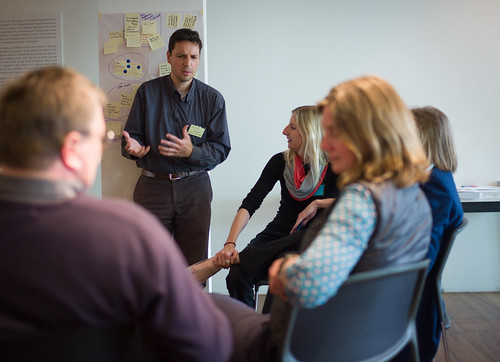This is an old revision of the document!
Table of Contents
Marine Industry Transparency Initiative
(an experiment from the May workshop)
Experiment team: Andrew, Aniol, Giles, Sandy
Hypothesis
Assumption: more transparency can lead to the behavioural change of companies, through multiple strategies (divestment, shareholder action campaigns, etc.)
Hypothesis: unreadable
Experiment design
Experiment (in 2 months) is a scoping strategy that will focus on testing if it is feasible to:
A) Develop a transparency record for marine industries
B) Identify the “value at risk” for marine industries from marine oceans deterioration
Focus on big multinational companies operating:
- directly in the North Sea region (sea and coast): food (fisheries, aquaculture), energy, aggregates, tourism, shipping)
- indirectly (focus on root causes, such as plastics)
Questions to answer in two months:
- Has anyone done this before? Is there any ongoing action?
- On transparency
- On “value at risk”
- Are there protocols that could apply to marine unreadable? Reporting.
- How would we go about delivering this project?
- Identify key industries
- Identify comparable objective and parameters - what information is available?
- Identify what extra information is needed?
Actions by July 2015
What other transparency initiatives exist? What can we learn from them? Are there lessons on what works and what doesn’t, on the design of the initiatives etc. Find examples of transparency initiatives, citizen unreadable, other unreadable
Transparency pre-enactment

Stakeholder reactions:
- It’s a bit green & fluffy, wanting a lot with commercially sensitive information, without making a clear point. Work on clarity of your information.
- Is it feasible?
- Left feeling 'so what'
- There is too much emphasis on process and benchmarking
- Think about infrastructure, costing and who bears responsibility
- You’re asking too much (material, information) and creating more work
- I’m quite suspicious of the organisations and their credibility
- It would be difficult to work with you due to conflicts of interest
- I wonder about your funding and I’m concerned about your capacity
- Oceans are big… Would this project actually have the stated impact?
- What have other transparency projects have achieved?
- You need to make the process easier
- We would need to agree on standards for data presentation and a neutral platform
- It must be done as a neutral, credible, high standard to be taken seriously
- Think about how you talk to people (whether stakeholders or others), avoid preaching and pay attention to their body language.
Implementation
What is the experiment? Transparency of businesses on marine issues. Find out if anyone has done anything like what we are trying to do, how would we develop transparency set of indicators?
- Determine key environmental indicators, look at other initiatives, learn lessons on what works. Scope and map.
(How would you know it worked? no clear answer)
- Giles circulates FFF work on North sea limits work
- Group discussion on the 3rd of June to discuss environmental indicators by each sector (unreadable)
- lessons other initiatives:
- Sandy on climate and chemicals
- Aniol: more initiatives
- Heather: palm oil - give information to Aniol
- will ask for ideas and initiatives that others the group know of before end of May
- Share initiatives between the participants to analyse; discuss early July or end of June
Needs
- information supply:
- knowledge about other initiatives?
- publicly available information on how companies behave
Documentation and communication
- communication via email
- updates on the wiki (with email alert)
- the group will meet at 8am 3rd of June to discuss progress
- They have a clearer plan re. task management
Notes
Progress
Results
Expected results
Observered results


